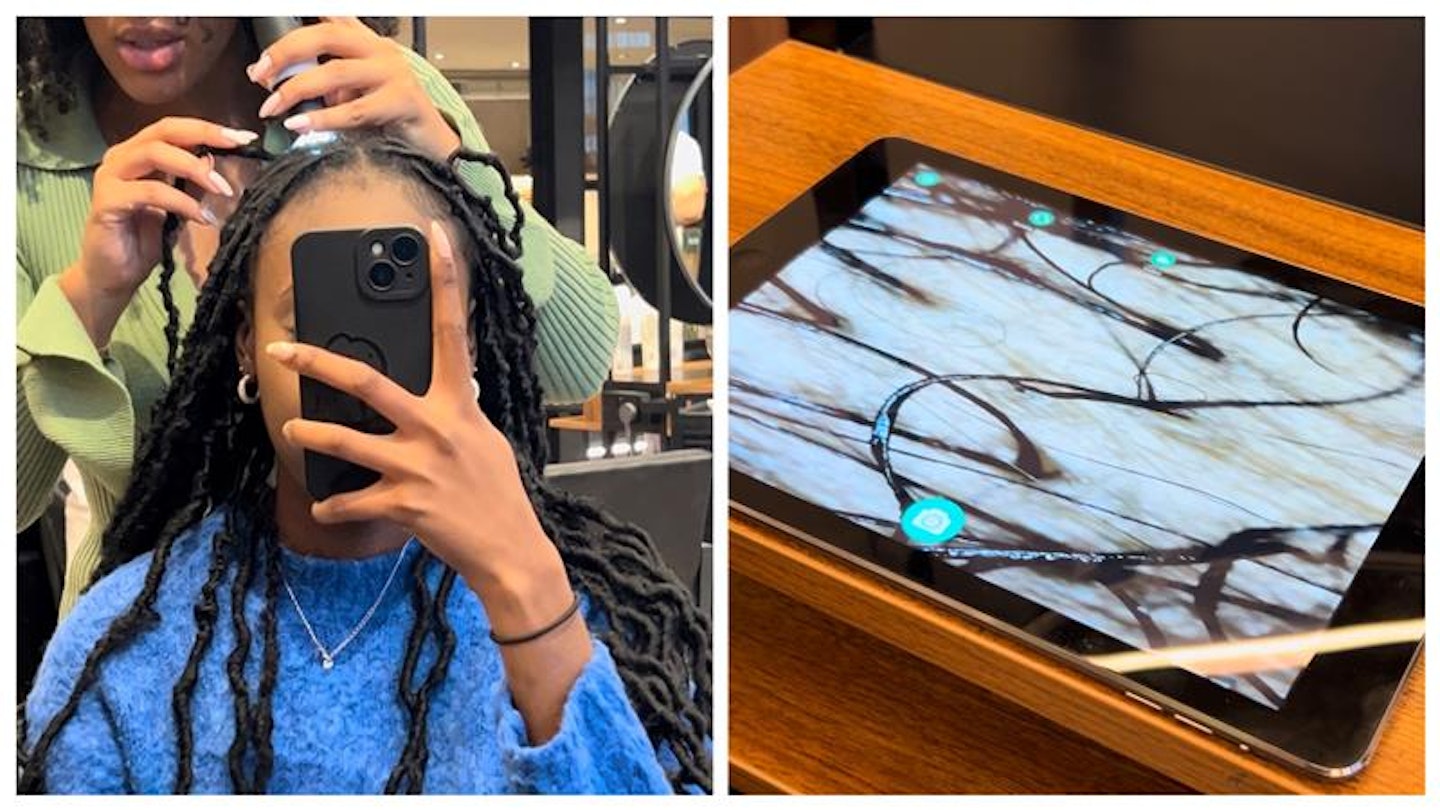My hair has always been one of my best assets. It was always bouncy, thick and strong - until it wasn't. My penchant for rocking tight hairstyles finally took its toll this year - I looked in the mirror one day and noticed the difference in my hairline. It was finer and my scalp was more visible. In all honesty, it was something I had began to notice, but I'd shrugged it off until I could ignore it no more. I didn't want to believe that my hair health was declining - especially as I'd always been so proud of it.
Thankfully, my role as a beauty journalist afforded me the luxury of visiting a top trichologist. Enter Angela Onuoha, aka curlbellaa. Under her high-tech microscope, my hair concerns were magnified. Scary yes, but incredibly helpful. Here's everything I learned about how I should be taking care of my hair.
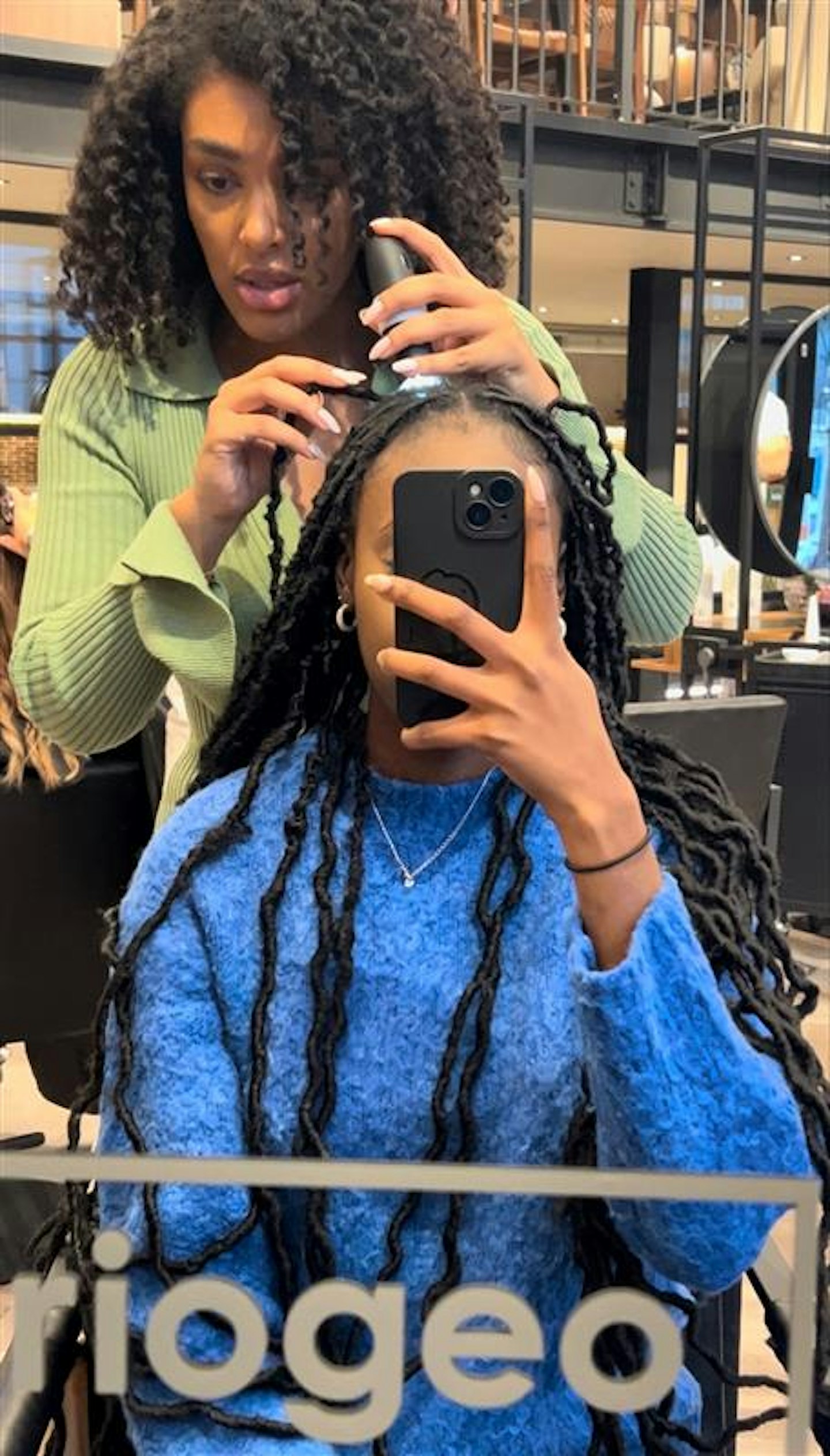
As you can imagine, this high-tech microscope revealed a lot and even highlighted the most common mistake that most women with afro hair make - myself included. Here's everything that Angela taught me. And consider this your official jump scare warning... zoomed in scalp ahead.
Oil Is Not Always The Answer
Growing up with textured hair, oiling the scalp has always been a ritual – detangling, washing, conditioning...a bit more detangling, deep conditioning, and finally, oiling the scalp. But guess what? It turns out oiling might not be the holy grail, especially if your scalp is already dry. 'Oils can act as a sealant, essentially trapping in the dryness,' Angela told me. Instead, she advised opting for serums instead. 'Look to those which absorb quickly, are not oily and are cooling,' she suggested.
Best oil substitute for afro hair
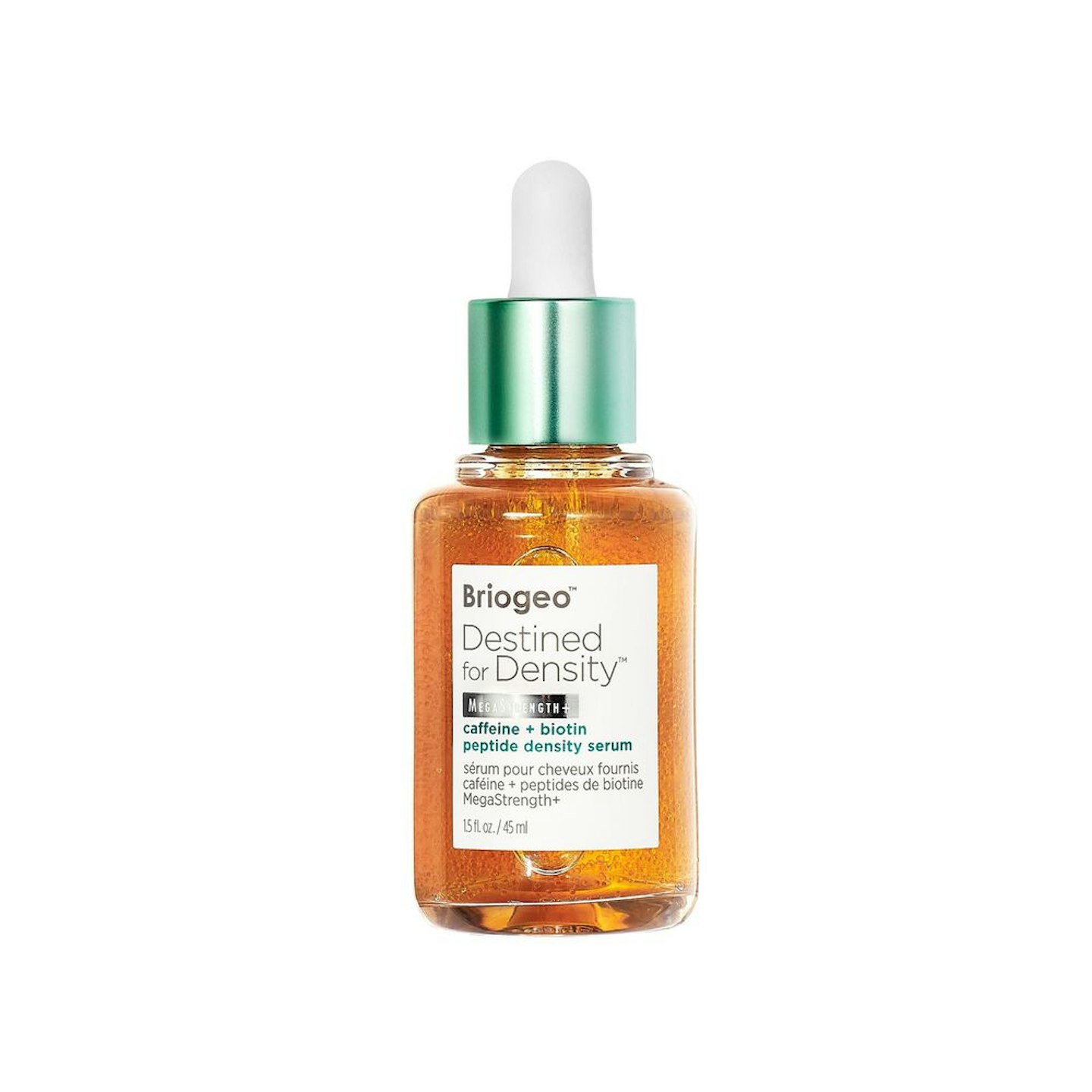
www.spacenk.com
Ideal for fine and thinning hair, this serum is crafted with scientifically proven ingredients; copper peptides and zinc to help support hair growth, as well as caffeine, green coffee oil and CoQ10 to encourage the scalp’s microcirculation.
Pros
- Brimming with efficacious ingredients
Cons
- An investment buy
Wash Your Hair Often
With afro hair its normal to not wash your hair everyday - but this in-depth analysis was a reality check. First, there was a noticeable build-up on my scalp, and second, it was excessively flaky – all thanks to my overzealous oiling routine. Turns out, dousing my scalp in oil was messing with sebum regulation, leading to decreased secretions and a dry scalp, potentially causing Seborrheic Dermatitis. Yikes. Angela’s advice? Even with protective styles, more frequent washing is crucial to unclog pores and to get rid of flakiness. Think of it this way - your hair won’t thrive if the follicles are suffocated under layers of product. I'll definitely be increasing the frequency of hair wash days.
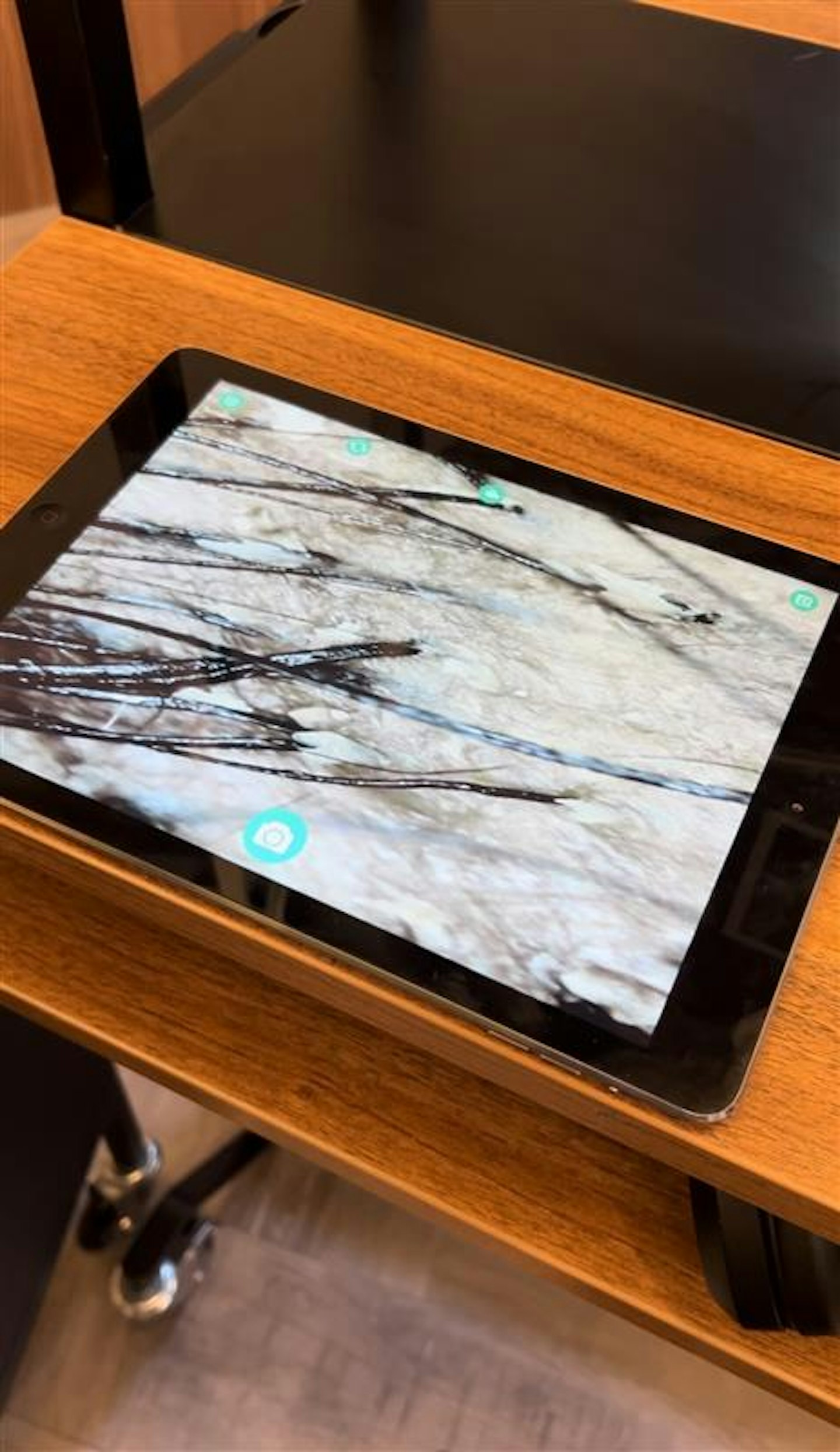
Reduce The Tight Styles
After wearing braids, wigs, and locs back to back, Angela pointed out some noticeable damage, especially around my baby hairs and the nape of my neck. Wielding her microscopic expertise, she pointed out, ‘You can see a bit of darkness around each follicle, indicating some scarring, probably from excessive pulling. As a woman of colour, you’re more prone to hyperpigmentation, but this points to some trauma.’ Oddly fascinating, it was also eye-opening to zoom in and spot those little broken hairs compared to the rest. If you’re a fan of tight braids? It might be worth suggesting to your stylist to ease up on the tension or skip those problematic areas altogether.
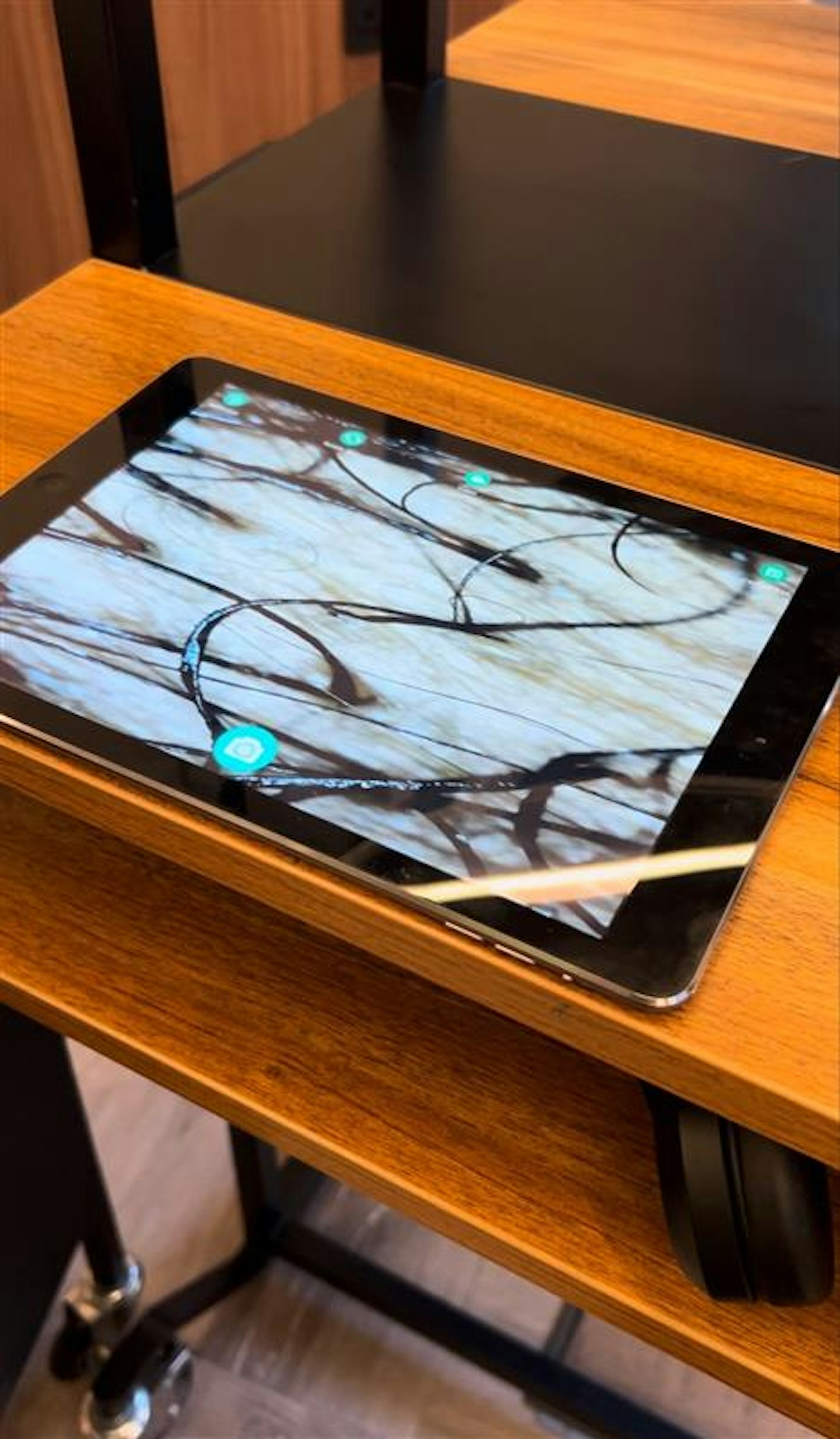
Don't Scrimp On The Scalp Massage
Thinning is a common concern for women with afro hair, and something I was worried about. 'We need to make sure the back of your hair gets fuller', Angela told me. 'Scalp massaging may be trending - but it's not just a phase - it's very, very effective', she assured. To boost hair growth Angela suggested I massage my scalp daily to increase blood circulation even whilst my hair is in protective styles. She said, 'You can use either your fingers or a scalp massager, both work well.'
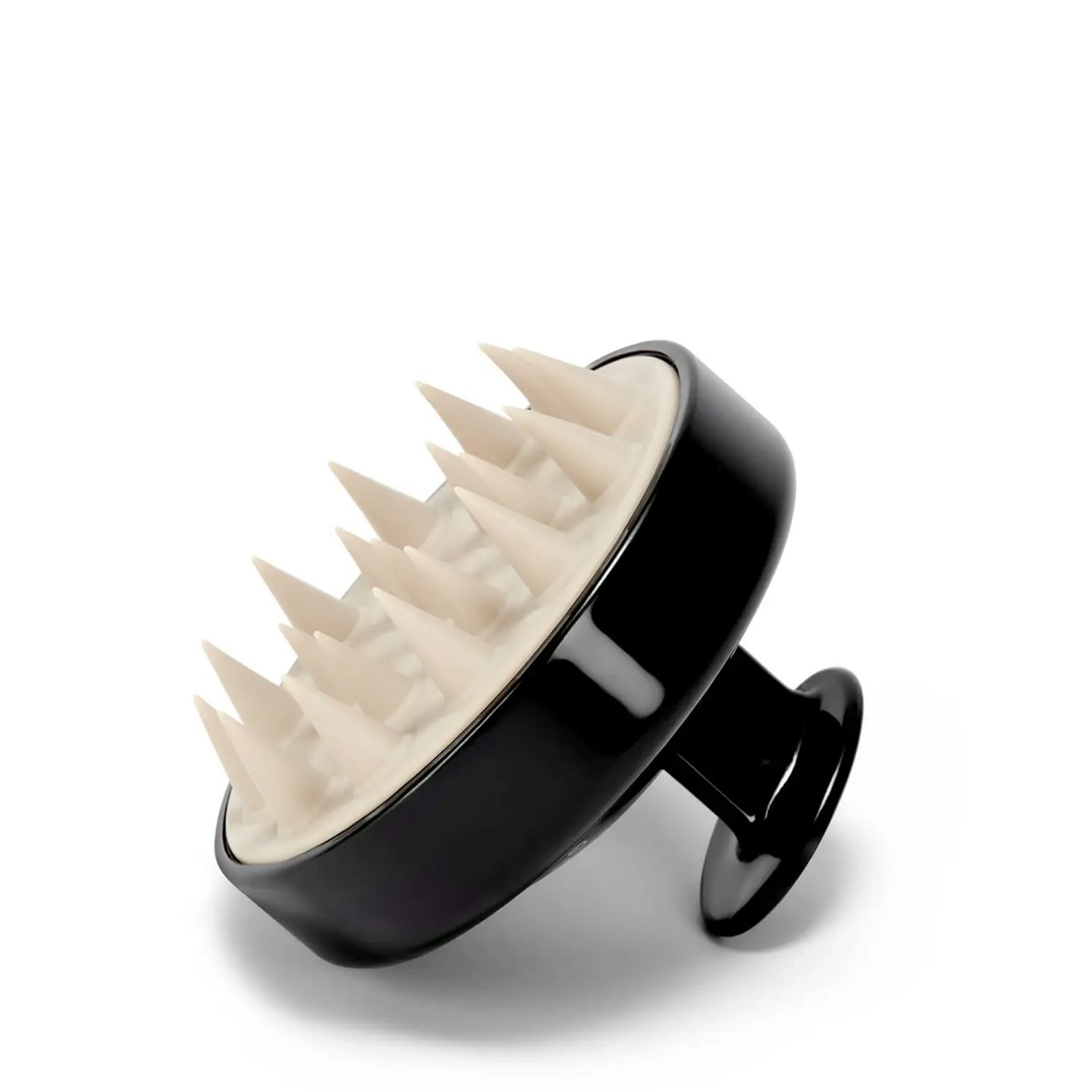
www.lookfantastic.com
To stimulate hair growth and to exfoliate my dead skin cells, I will be using this scalp massager both in and out of the shower.
Pros
- Good price
Cons
- Made from plastic
Wear Satin and Silk
Many women with afro hair sleep with some kind of hair protection, but it can be so easy to ditch your headscarf or bonnet after a long day. After speaking to Angela however? This is something I will religiously be doing before bed - especially after seeing how fine my edges are on on a microscopic level. 'Wearing a silk scarf or bonnet to bed is actually amazing for all hair types,' says Angela. 'It stops hair from snagging and breaking on the rough fibres of a cotton pillow.'
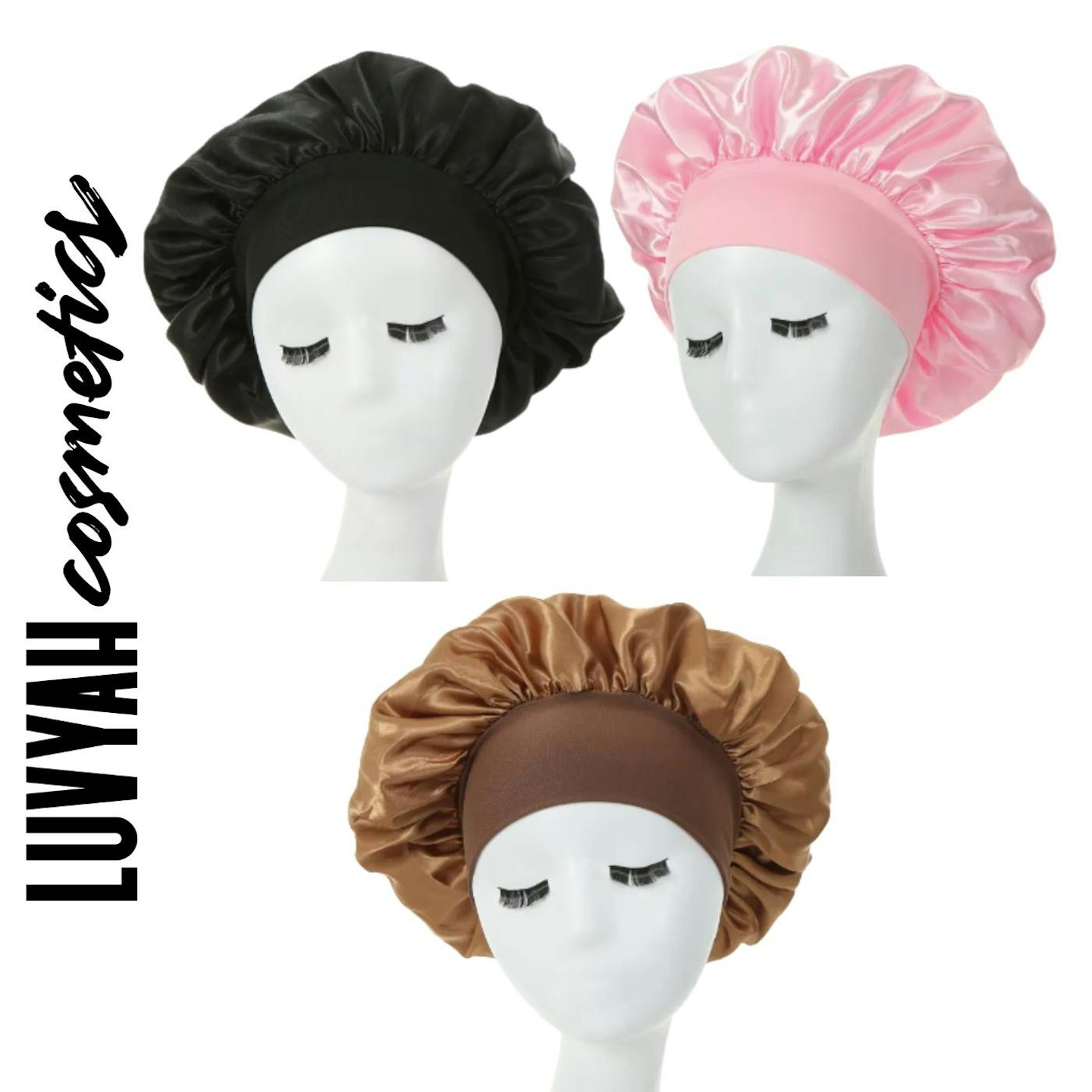
www.sephora.co.uk
To preserve your hairline consider wearing a satin scarf or sleeping on a silk pillow case can significantly reduce breakage. I swear by this one.
Pros
- Affordable
- Machine washable
Cons
- One size
Renee Washington, Grazia's Digital Fashion and Beauty Assistant, lives online. With a penchant for wispy lashes and streetwear, she writes about the worlds of fashion and beauty from the viewpoint of the modern fashion girlie.
